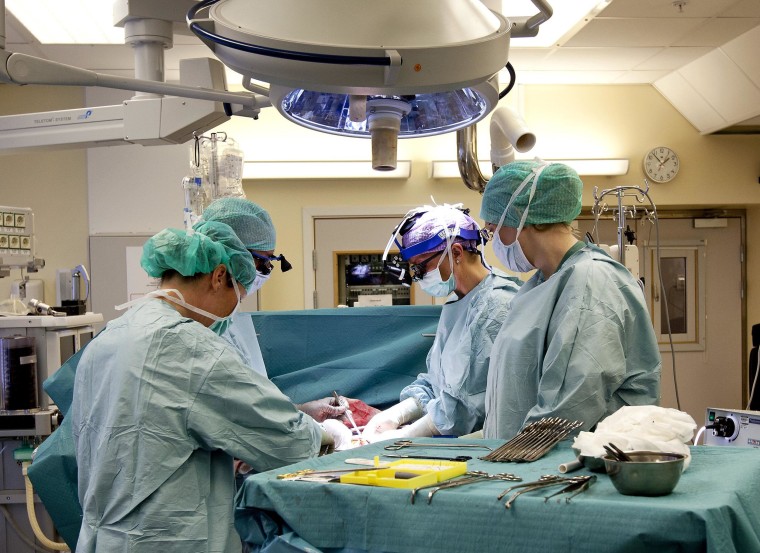STOCKHOLM — Nine women in Sweden have successfully received transplanted wombs donated from relatives in an experimental procedure that has raised some ethical concerns. The women will soon try to become pregnant with their new wombs, the doctor in charge of the pioneering project has revealed.
The women were born without a uterus or had it removed because of cervical cancer. Most are in their 30s and are part of the first major experiment to test whether it's possible to transplant wombs into women so they can give birth to their own children.
In many European countries, including Sweden, using a surrogate to carry a pregnancy isn't allowed.
Life-saving transplants of organs such as hearts, livers and kidneys have been done for decades and doctors are increasingly transplanting hands, faces and other body parts to improve patients' quality of life. Womb transplants — the first ones intended to be temporary, just to allow childbearing — push that frontier even farther and raise some new concerns.
"This is a new kind of surgery," said Dr. Mats Brannstrom, chair of the obstetrics and gynecology department at the University of Gothenburg. "We have no textbook to look at."
Some experts have raised concerns about whether it's ethical to use live donors for an experimental procedure that doesn't save lives. But John Harris, a bioethics expert at the University of Manchester, didn't see a problem with that as long as donors are fully informed. He said donating kidneys isn't necessarily life-saving, yet is widely promoted.
"Dialysis is available, but we have come to accept and to even encourage people to take risks to donate a kidney," he said.
